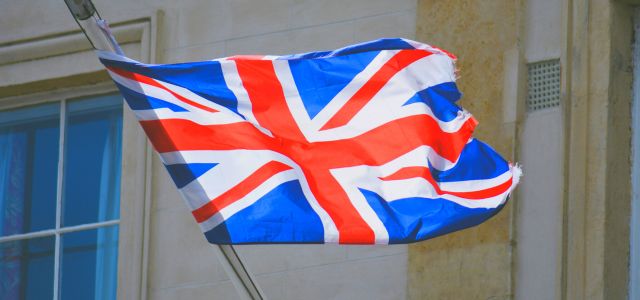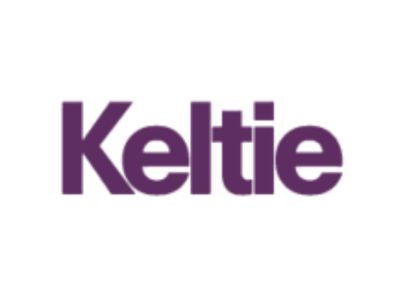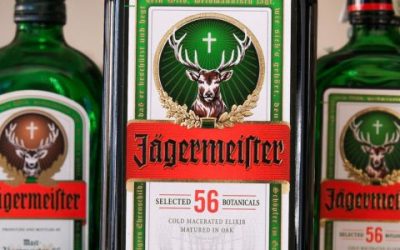The Windrush Foundation (the ‘Applicant’), a charity that delivers projects to highlight African and Caribbean peoples’ contributions to the UK, recently filed trademark applications for WINDRUSH MONUMENT, WINDRUSH MEMORIAL, WINDRUSH75, WINDRUSH, and WINDRUSH DAY. The UK Government’s Department for Levelling Up, Housing & Communities (the ‘Opponent’) opposed the applications.
The applications covered a range of educational, entertainment, cultural, and sporting activity services. All applications were opposed on the grounds that the trademarks are devoid of any distinctive character (Section 3(1)(b) of the Trade Mark Act 1994). Further, all applications – except WINDRUSH75 – were opposed on the grounds of bad faith. The Applicant denied all claims and a hearing took place on 13 September 2023.
It should be noted that the Applicant registered some marks containing/consisting of WINDRUSH including WINDRUSH CHAMPIONS, WINDRUSH HERITAGE, WINDRUSH PIONEER, WINDRUSH GENERATION, and WINDRUSH FOUNDATION – some of which date back to January 2021. Further, the Applicant withdrew its recent application for WINDRUSH 76 on 12 February 2024.
With regard to the claim of bad faith, it is necessary to ascertain the Applicant’s knowledge at the relevant date. The Applicant knew that the Opponent was to install a monument called the Windrush Monument/Windrush Memorial – which the Applicant had objected to – when they filed the applications. As such, it was argued that the applications were part of a pattern of filing that intended to disrupt the Opponent’s activities and intention to refer to the monument as WINDRUSH or terms containing WINDRUSH. This undermines the legitimate interests of the Opponent and other third parties resulting in the applications falling short of the standards of acceptable commercial behaviour. The Opponent argued that the Applicant filed an overly broad specification with no reasonable commercial rationale or commercial logic.
At the hearing, the Applicant explained that the intention was not to prevent others from using the marks but was “an attempt to prevent the opponent spreading, what it considered to be, the wrong message,” and it aimed to protect the history of the Windrush landing in the UK and all involved.
The Hearing Officer stated “This illustrates a misunderstanding of the purpose of a trademark rather than any intentional misappropriation. It was motivated out of a strong belief on what WINDRUSH should stand for. Whilst I have sympathy for the applicant and its desire for the name WINDRUSH to be used in a way consistent with its objectives, the filing of the contested marks is nonetheless an act that falls short of acceptable commercial standards and is an act of bad faith when construed within the context of trademark law.” In this regard, the first limb of the bad faith claim succeeded.
The Hearing Officer also considered the Opponent’s claim that the Applicant filed the applications without the intention to use the marks which could constitute bad faith. The Hearing Officer did not agree with the Opponent on this claim as it is conceivable that the plans may change and it would be “a natural extension of its activities.” Further, there was no evidence to show that there was a lack of intention for future use. Therefore, it was held that the broad specifications of the applications did not amount to bad faith, and the Opponent failed on this part of the claim.
With respect to the grounds based on distinctiveness, it was held that WINDRUSH for the education, entertainment, and cultural activity services would not be perceived as indicating trade origin and that the use would merely promote the Applicant’s aims. However, the claim failed in respect of services relating to a specific industry or profession as such services could be perceived as an indicator of origin. The claim succeeded for the majority of services in relation to the remaining applications.
This decision is a reminder of the essential function of a trademark which is to indicate trade origin, and that filing applications as a blocking mechanism to undermine the legitimate interests of third parties will likely constitute bad faith. In the absence of an appeal, WINDRUSH, WINDRUSH MONUMENT, WINDRUSH MEMORIAL and WINDRUSH DAY will be refused in their entirety on the grounds of bad faith, and WINDRUSH75 will proceed for a limited specification. An award of costs of 3800 GBP was made in the Opponent’s favor.

Written by Eleni Mezulanik
Director and Chartered Trade Mark Attorney, Keltie LLP
You may also like…
UEFA partners with Alliance for Creativity and Entertainment to enhance global anti-piracy strategy
October 21, 2025 - The Union of European Football Associations (UEFA) has officially joined the Alliance for...
EUIPO and UANIPIO welcome the integration of Ukraine’s trademarks into TMview
The European Union Intellectual Property Office (EUIPO) and the Ukrainian National Office for Intellectual Property...
Jägermeister succeeds in opposing the EU trademark application Alten Kräuterfrau for alcoholic beverages
Mast-Jägermeister SE filed an opposition on the grounds of Article 8(1)(b) – likelihood of confusion between the signs...
Contact us to write for out Newsletter













